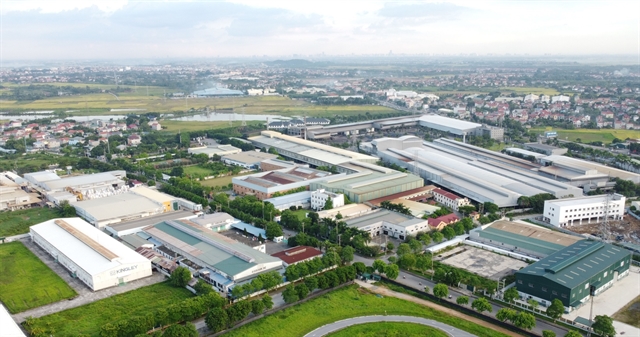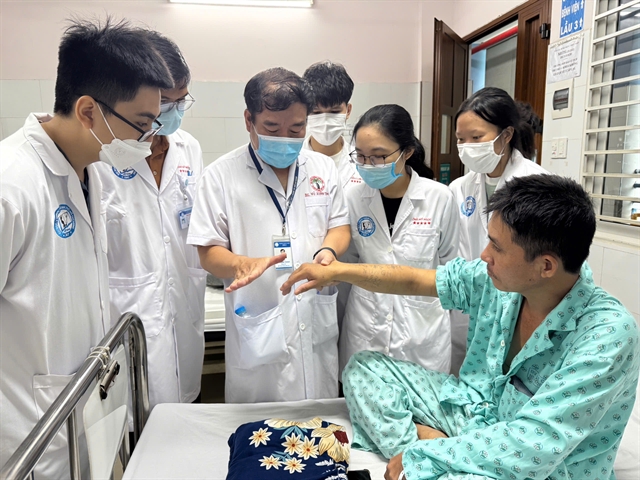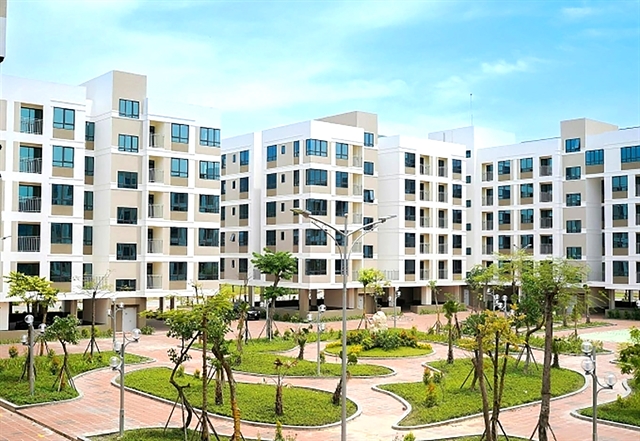 Society
Society
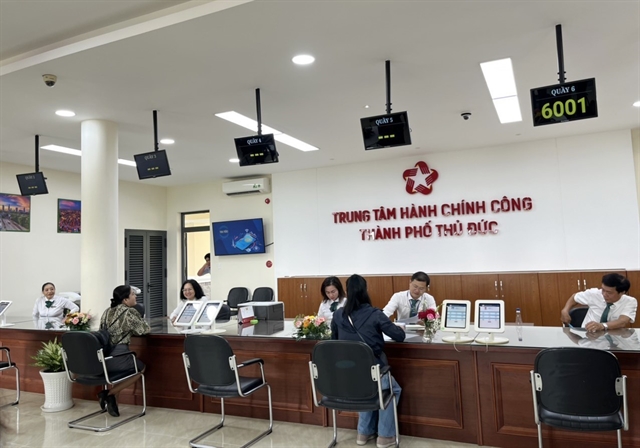
The development of the agricultural economy in Hà Nội’s suburban districts has created a firm foothold in recent years, contributing to improving farmers' incomes.
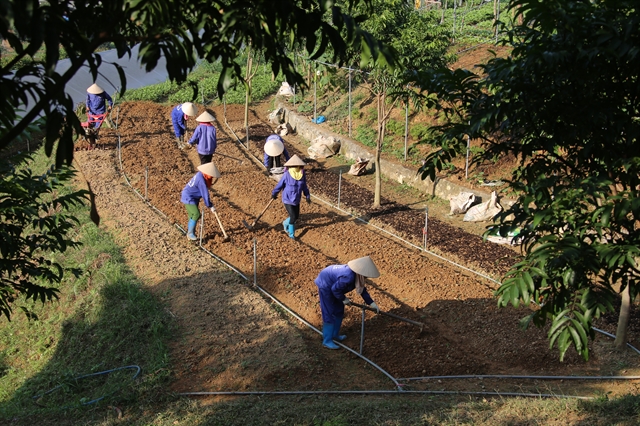
|
| Hoa Viên Farm in Thạch Thất District supplies organic vegetables under the Đại Ngàn brand. Photo Phan Đức |
HÀ NỘI – The development of the agricultural economy in Hà Nội’s suburban districts has created a firm foothold in recent years, contributing to improving farmers' incomes.
According to the Hà Nội Department of Agriculture and Rural Development Department, as of late last year, the city had 3,150 farms, an increase of 500 compared to 2015.
Notably, farm owners have focused on investing in advanced technological applications for production.
In the fisheries industry, farm owners have been breeding high-quality and high-yield varieties such as crayfish, pampus argenteus and tilapia. Meanwhile, on vegetable, flower and fruit farms, owners have been applying new planting technologies such as net houses, greenhouses, hydroponics and microbiological fertilisers and pesticides.
As a result, productivity and incomes have increased considerably.

|
Nguyễn Sỹ Khương Fishery Farm in Tương Chúc Hamlet, Ngũ Hiệp Commune, Thanh Trì District has applied technologies into agricultural production to increase economic effeciency for the owner's family. — Photo Phan Đức
In Đông Anh District, livestock farm owners and workers have been trained in advanced breeding techniques and built livestock production chains.
Many farms have invested in modern equipment such as automatic heating systems for hatching and feeding. These systems are remotely controlled via the internet connection.
Thạch Thất District had 144 farms, many of which had been developing in the direction of large-scale commodity production of organic products, while creating brands in the market, said Hoàng Chí Lượng, head of the district's economic department.
Đại Ngàn organic vegetables from Hoa Viên Farm in Yên Bình Commune are a prime example.
“The development of the agricultural economy has helped farmers improve their living standards dramatically in the last few years,” said Phùng Văn Thuỵ, a pig farmer in Cổ Đô Village, Ba Vì District.
His farm has 600 sows and 1,000 pigs which provide his family an annual income of VNĐ1 billion (US$43,000).

|
Hydroponic gardening has helped boost up agricultural production in Sóc Sơn District, Hà Nội City. — Photo Phan Đức
According to Nguyễn Văn Chí, head of the Rural Development Department (the Hà Nội Agriculture and Rural Development), farms in suburban districts had been supplying Hà Nội with hundreds of thousands of tonnes of food, meat, vegetables and fruit annually.
This type of economy effectively used the available resources including labour, land and household capital.
The farm economy has been developing in both quality and quantity, reaching a turnover of VNĐ5 trillion (US$215.6 million) per year and creating 11,000 permanent jobs for local people, said Chí.
The Department of Agriculture and Rural Development had been reviewing farms as per circular No 02/2020/TT-BNNPTNT issued on January 28, 2020 regulating new criteria for the farm economy, Chí said.
Accordingly, the number of farms would be cut to 1,816 by the end this year due to the stricter criteria, he said.
However, the city would strive to have 1,950 farms by 2025 and generate jobs for 7,730 labourers.

|
Tiên Viên Chicken Farm of Đặng Đình Tiên in Chương Mỹ District's Đại Yên Commune has been known for safety chicken egges. In 2002, Tiên decided to contract nearly four hectares of low-lying farming land to start an economic model of garden-pond-barn. Following his field trips abroad to learn about the husbandary industry in Japan and China, he decided to raise egg-laying hens as the main breed for development. — Photo Hoàng Hà
Hà Nội will continue to encourage and facilitate the development of farms in suburban areas by creating a favorable environment to directly impact production and business and enhance autonomy. It will also maximise the potential and advantages of all sectors of the collective economy and enhance its role for the general development of the city.
To support the farm economy, Hà Nội’s agricultural sector has advised relevant agencies to co-ordinate with districts and communes to build technical transfer models and organise trainings on production, preservation and processing, as well as providing market information and management skills to farm owners.
Besides, the supply-demand connection will be promoted to increase the value of agricultural produce.
Support for farmers and agricultural extension funds will also facilitate efficient access to loans for farm owners, promote the granting of certifications so farms can enjoy the State's incentive policies. From there they can look at the value chain in order to find stable output for products and encourage farmers to enhance commodity production to improve competitiveness and build product brands. – VNS


